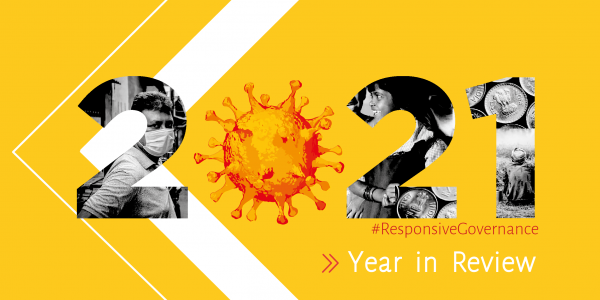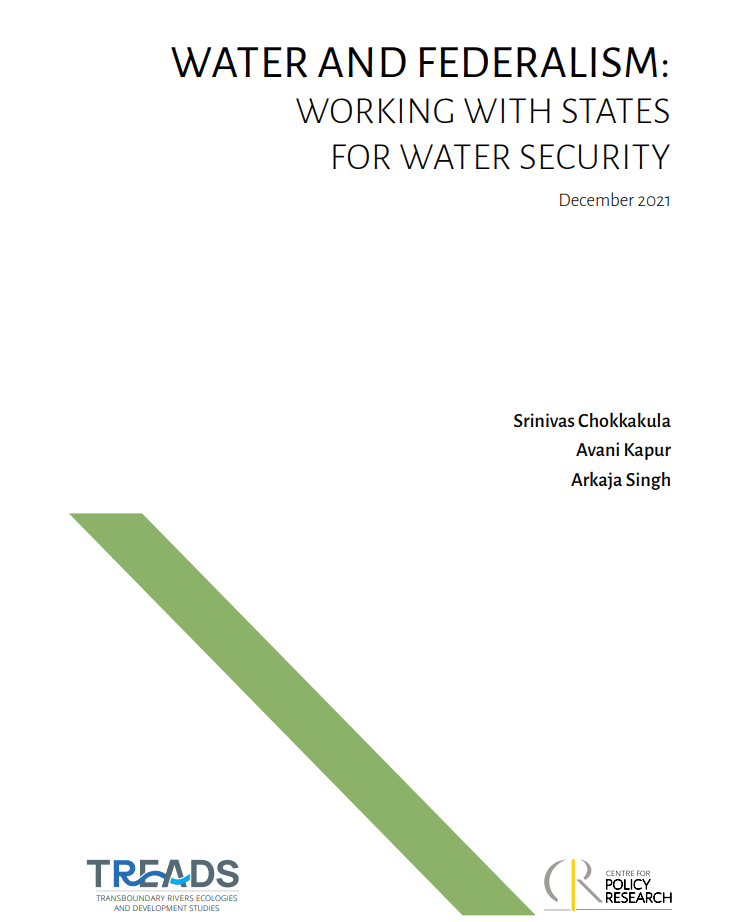Search Results for: paisa study
The Small Significant Steps Toward Fiscal Transparency in Kerala and Karnataka
In my previous blog, I had rued that even when the government makes changes that are ostensibly beneficial by opening information portals, making processes online and so forth, citizen behaviour by and large remains the same. People still are mystified by the government, intimidated by it, and therefore prefer to transact with it through agents … Continue reading "The Small Significant Steps Toward Fiscal Transparency in Kerala and Karnataka"
Forward Together in spite of Pandemic Uncertainty
As the disruption brought on by the COVID-19 pandemic deepened in 2021, we doubled down on our efforts towards Responsive Governance or the creation of a public system that is responsive to citizen’s needs. For this, we studied India’s post-pandemic welfare structures, brought these insights to decision-takers and the public, and reworked the way we … Continue reading "Forward Together in spite of Pandemic Uncertainty"
Water and Federalism: Working with States for Water Security
This study explores the Union government’s role in influencing and incentivising better Water Resources Management outcomes in the states through the policy, legal, financial, and institutional instruments at its disposal. This is also crucial for India’s ambitious development goals, which include interlinking of rivers, inland waterways and rivers rejuvenation, besides shifting to Integrated Water Resources … Continue reading "Water and Federalism: Working with States for Water Security"
Lessons from Water, Sanitation and Hygiene Budget Advocacy Experiences in South Asia
This case study covers the use of the PAISA (Planning, Allocations and Expenditures, Institutions Studies in Accountability) approach on the Swachh Bharat Mission (SBM), India’s national sanitation programme. The Accountability Initiative at the Centre for Policy Research has been using the PAISA approach since 2015 to track fund flows in the SBM.
The Rules for ‘Institutional Euthanasia’
This blog is part of a series unpacking the ‘PAISA for Municipalities‘ research which analysed urban local body finances in Tumakuru Smart City of Karnataka. The first part offers why the study was conducted, the backdrop to the study, and the researchers involved. It can be found here. In my last blog, I had written about … Continue reading "The Rules for ‘Institutional Euthanasia’"






